Since our founding, Hermann J. Wiemer Vineyard has approached the health of our vineyards as the most vital component of winemaking. In 2004, we eliminated the use of herbicides across our estate, choosing instead to incorporate cover crops and organic fertilizers to cultivate a healthier ecosystem for our vineyard. Building on that success, we recognized there was still more we could do to deepen our commitment to sustainable farming, guiding us toward the next step: our biodynamic project.
Our Journey to Biodynamic Farming
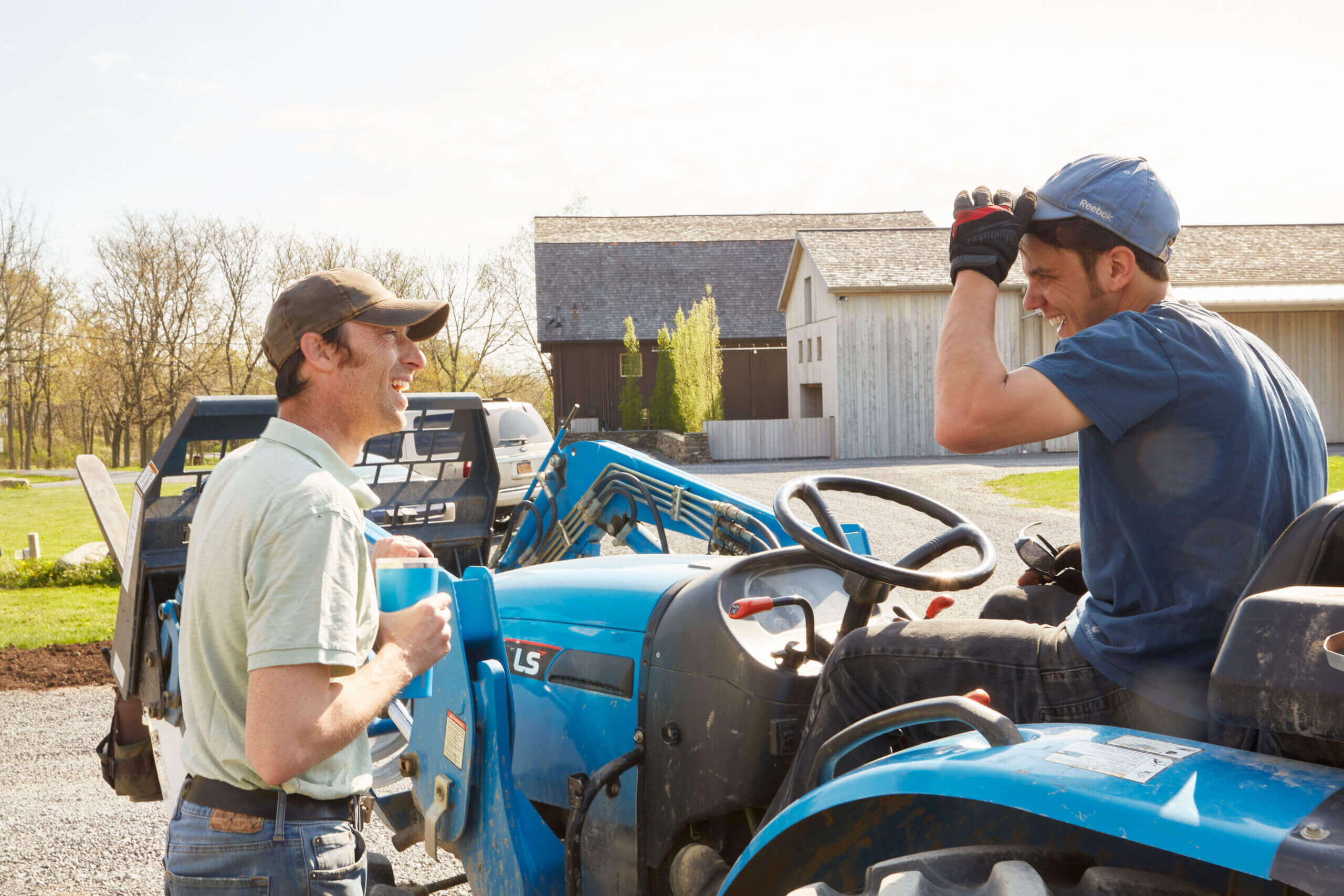
In the summer of 2014, our vineyard manager, Thijs Verschuuren, began experimenting with biodynamic practices on a 4-acre Riesling block. The results were encouraging: healthier, more resilient vines, more active yeast cultures, and smaller grapes with thicker skins—qualities that enhance winemaking. We saw how biodynamic farming benefits not only the vines but also the people who care for them. By working in harmony with nature, we reduced chemical exposure in the air, water, and soil of our farm, fostering a healthier environment for our workers and the surrounding community.
By 2018, we had fully embraced organic farming, and in 2019, our original 34-acre vineyard transitioned entirely to biodynamics. In the years since we’ve continued to improve our methods and replace existing farming practices with more sustainable ones; for example, adopting a no-till seeder to minimize soil disturbance and introducing grazing Katahdin-Dorper sheep and heirloom Cotton Patch geese to support natural pest control and improve soil health.
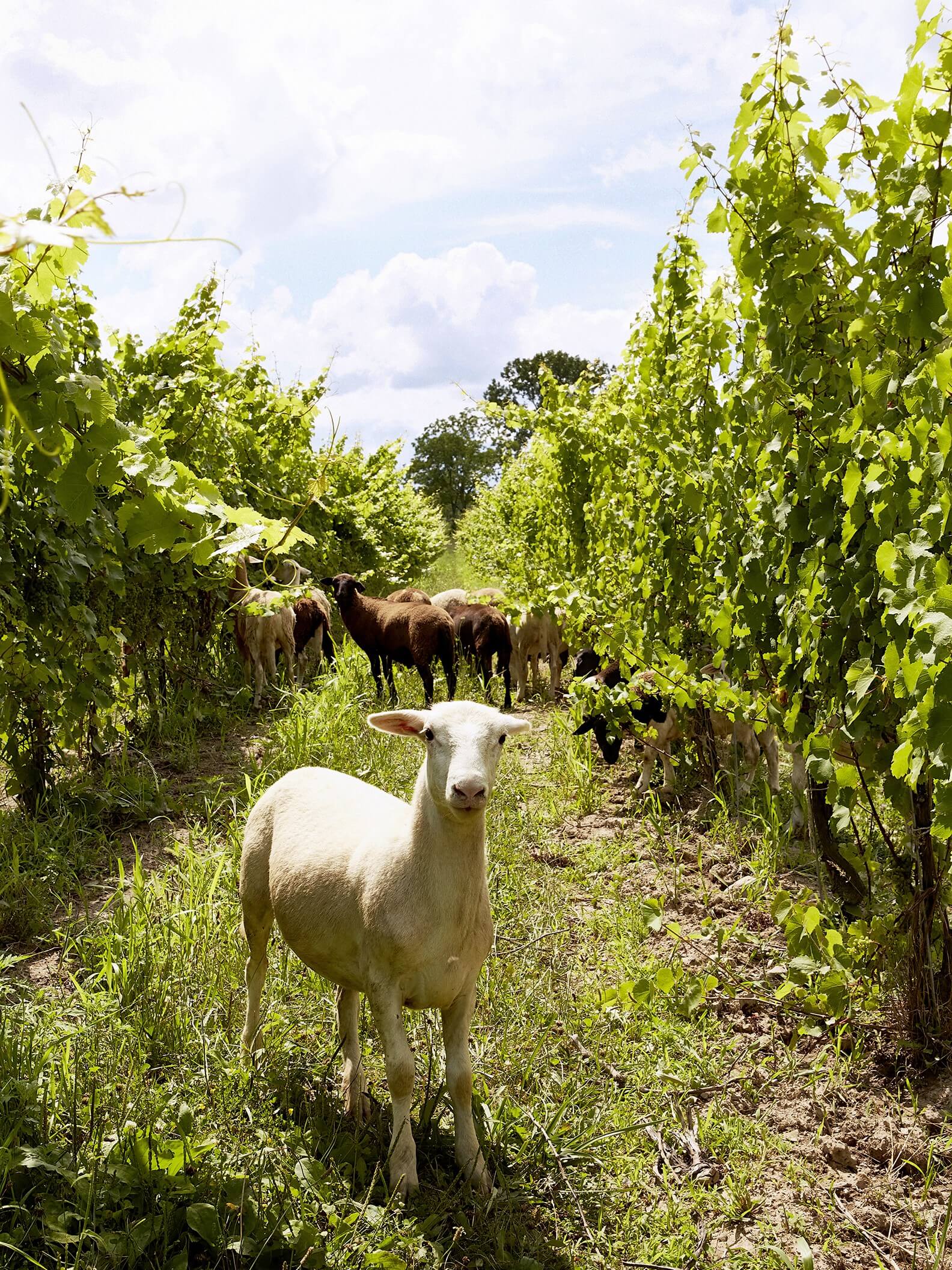
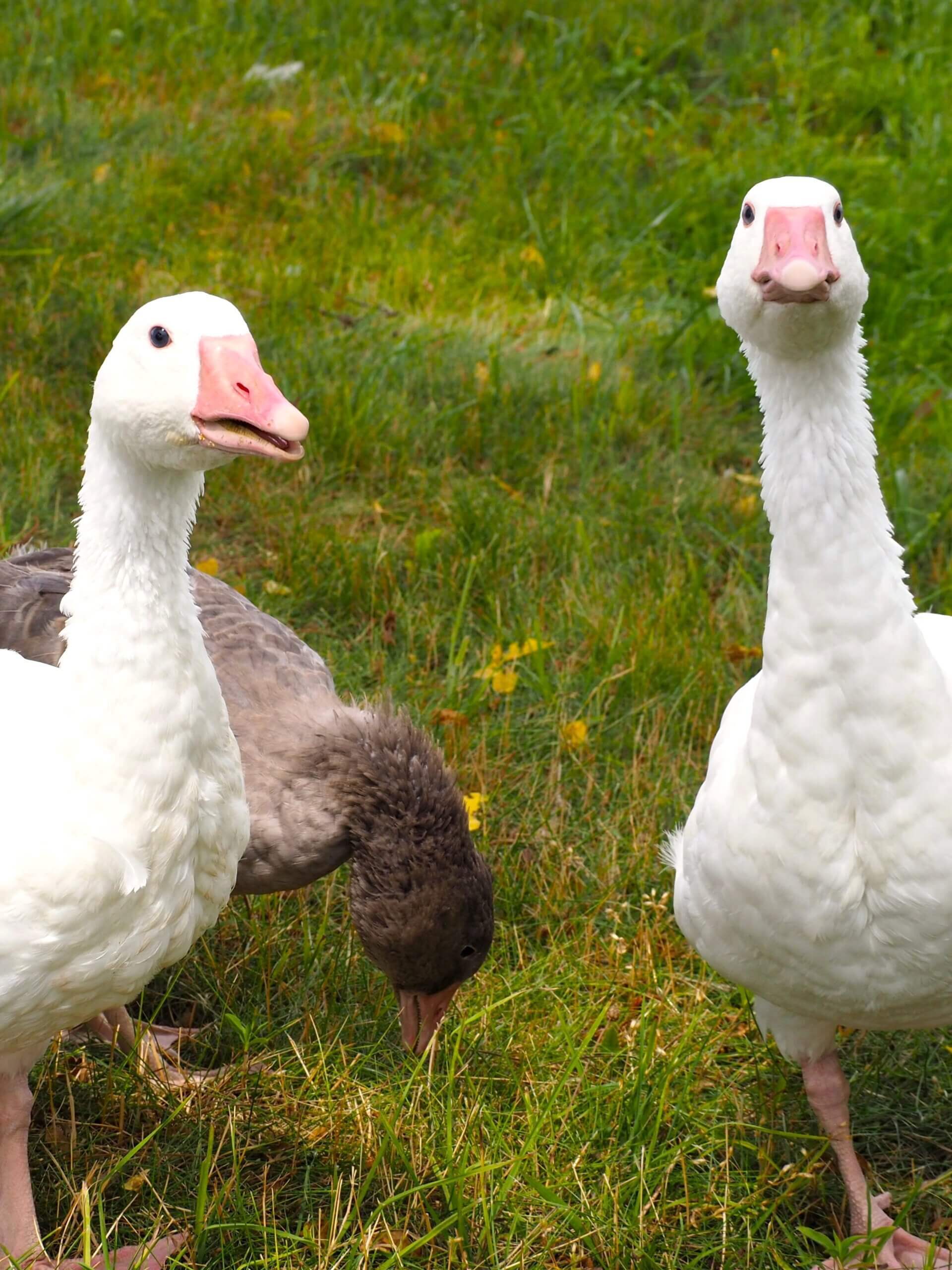

In the U.S., biodynamic farms are certified by Demeter USA, named after the Greek goddess of agriculture. In 2023, we reached an important milestone: becoming the only vineyard and winery on the East Coast to earn Demeter Biodynamic certification. This certification isn’t just a label—it holds farms and wineries to rigorous standards, ensuring sustainable, regenerative practices. This achievement reflects our dedication and ongoing commitment to thoughtful agriculture.
What Does Biodynamic Mean?
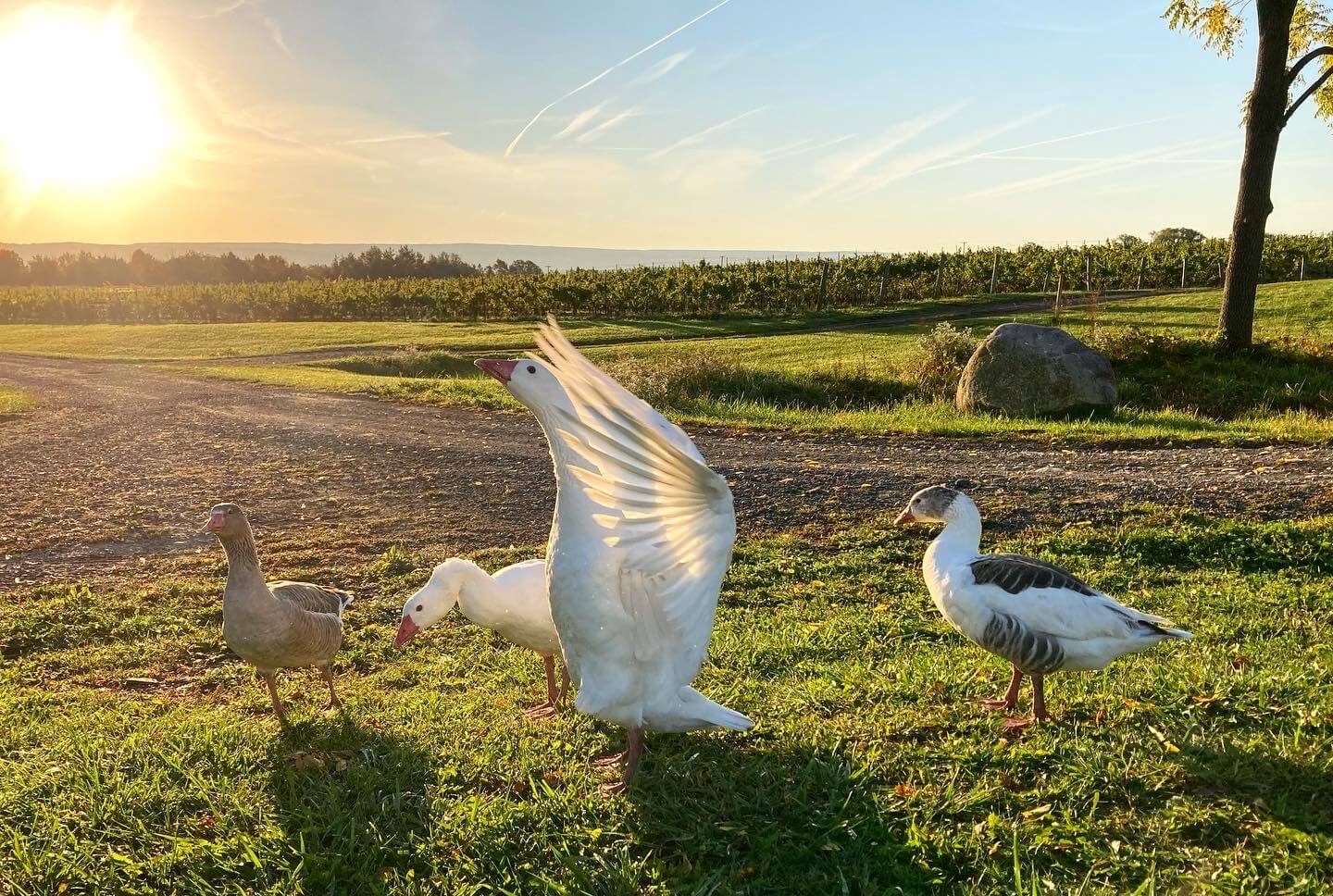
Biodynamic agriculture was developed as a grassroots alternative to chemical agriculture. Think of it as next-level organic—one that considers everything in the ecosystem, from soil and sunlight to animals and even lunar cycles.
In a biodynamic approach, we treat the farm and the vineyard as one complete, self-sustaining organism. Like a forest that thrives through its own internal, natural process, a biodynamic farm aims to sustain itself with minimal outside inputs. Biodynamic farmers use insects and animals as much as possible to contribute to the health of the farm. At Hermann J. Wiemer, our honeybees pollinate cover crops while our sheep and cotton patch geese graze the weeds (and leave free fertilizer).
The term “biodynamics” comes from “biological”, meaning life, and “dynamic”, meaning “a force or factor that influences a process of growth.” “Biological” practices focus on improving soil health through the incorporation of organic matter, such as growing cover crops then plowing them back into the soil, or integrating livestock into vineyard systems. “Dynamic” practices, such as natural sprays or pruning during certain lunar phases, are intended to adapt the farm to natural rhythms while encouraging the development of healthy plants and for us, quality fruit.
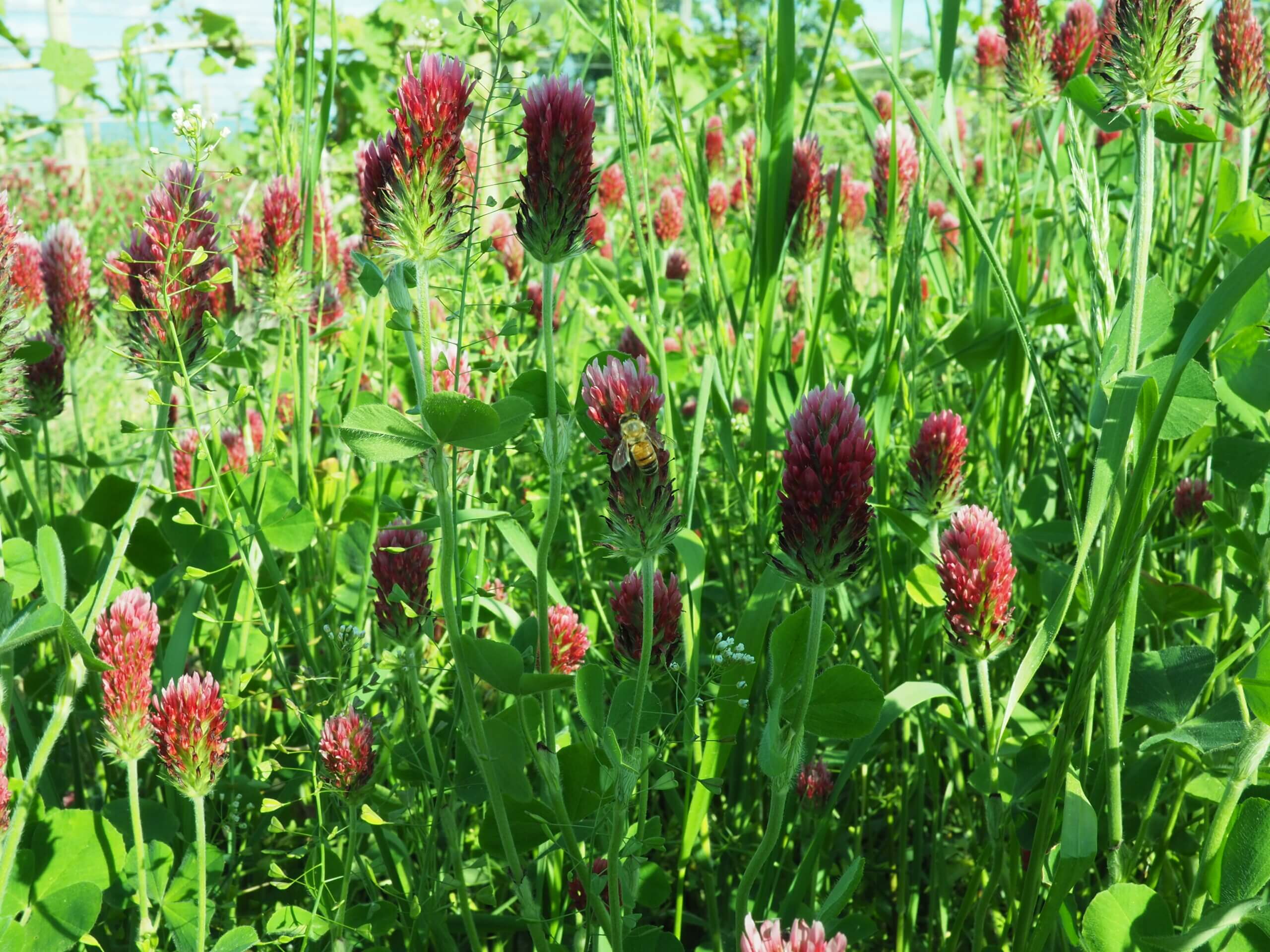
Biodynamic Practices at Our Vineyard
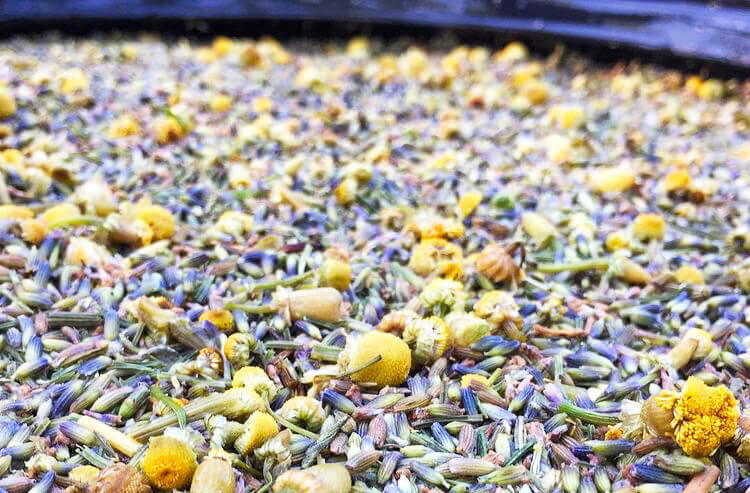
Our biodynamic practices are focused around regenerative farming, with the goal to establish a closed-loop system. Instead of relying on synthetic fertilizers and chemicals, we aim to generate our own natural compost and nutrients, where cover crops and livestock are a key component, reducing (or eliminating) the need for external inputs.
Biodynamics is a year round process and our work in the vineyard follows the lunar calendar closely, pruning on Root days to promote sap flow and harvesting on Fruit days for optimal grape development. In June we will use a silica spray to strengthen plant cell walls, while natural additions such as horsetail and dried lavender will help fend off pests and fungal growth.
Our animals also play a crucial role in managing the health of the vineyard. Our flock of sheep maintain the vineyard floor, while our chickens and geese keep the vineyard naturally “clean.” Over 30% of our estate is dedicated to pollinators, aquatic ecosystems, and native flora and fauna, ensuring that our land remains as healthy and vibrant as the wines we produce.
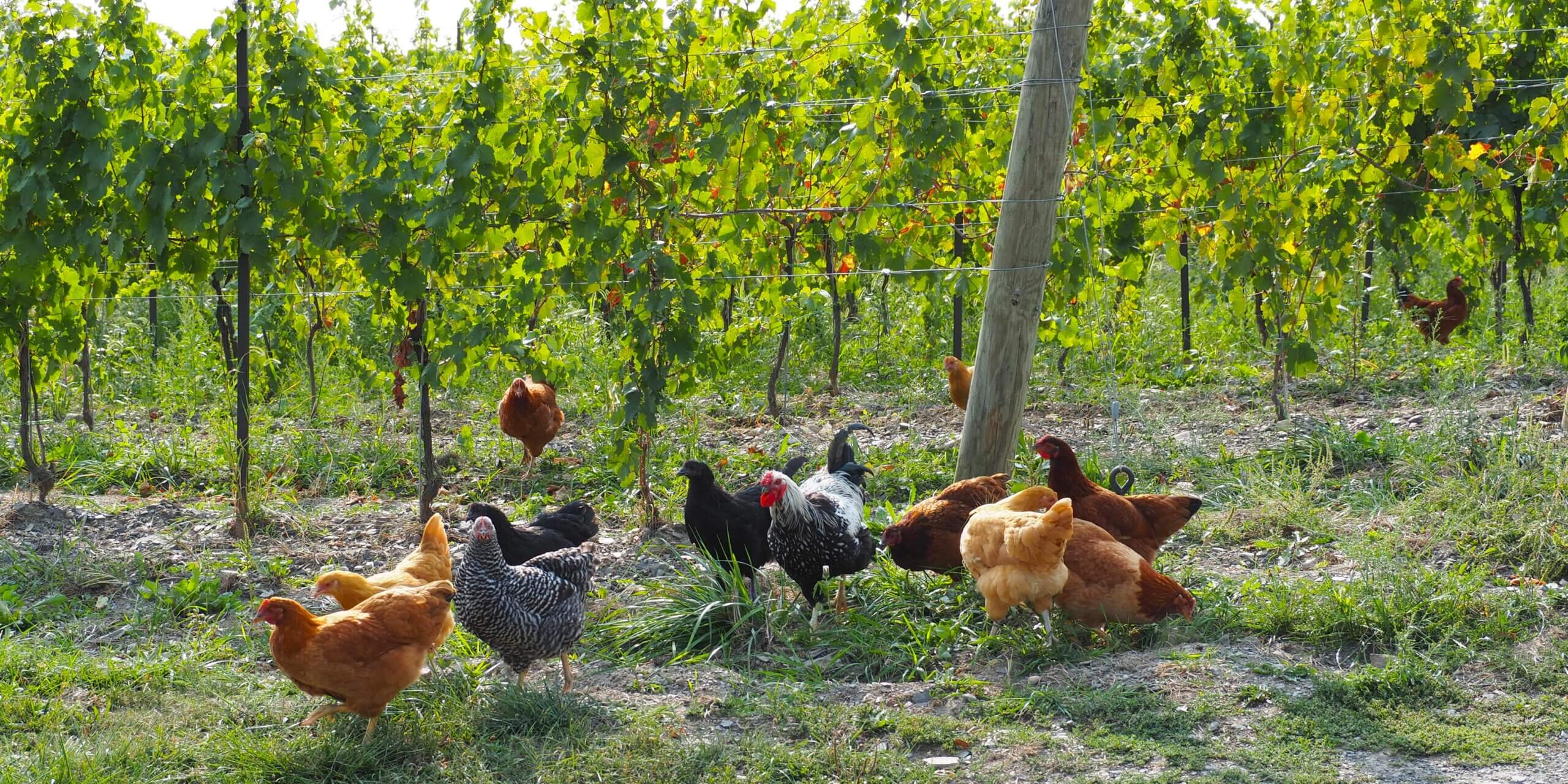
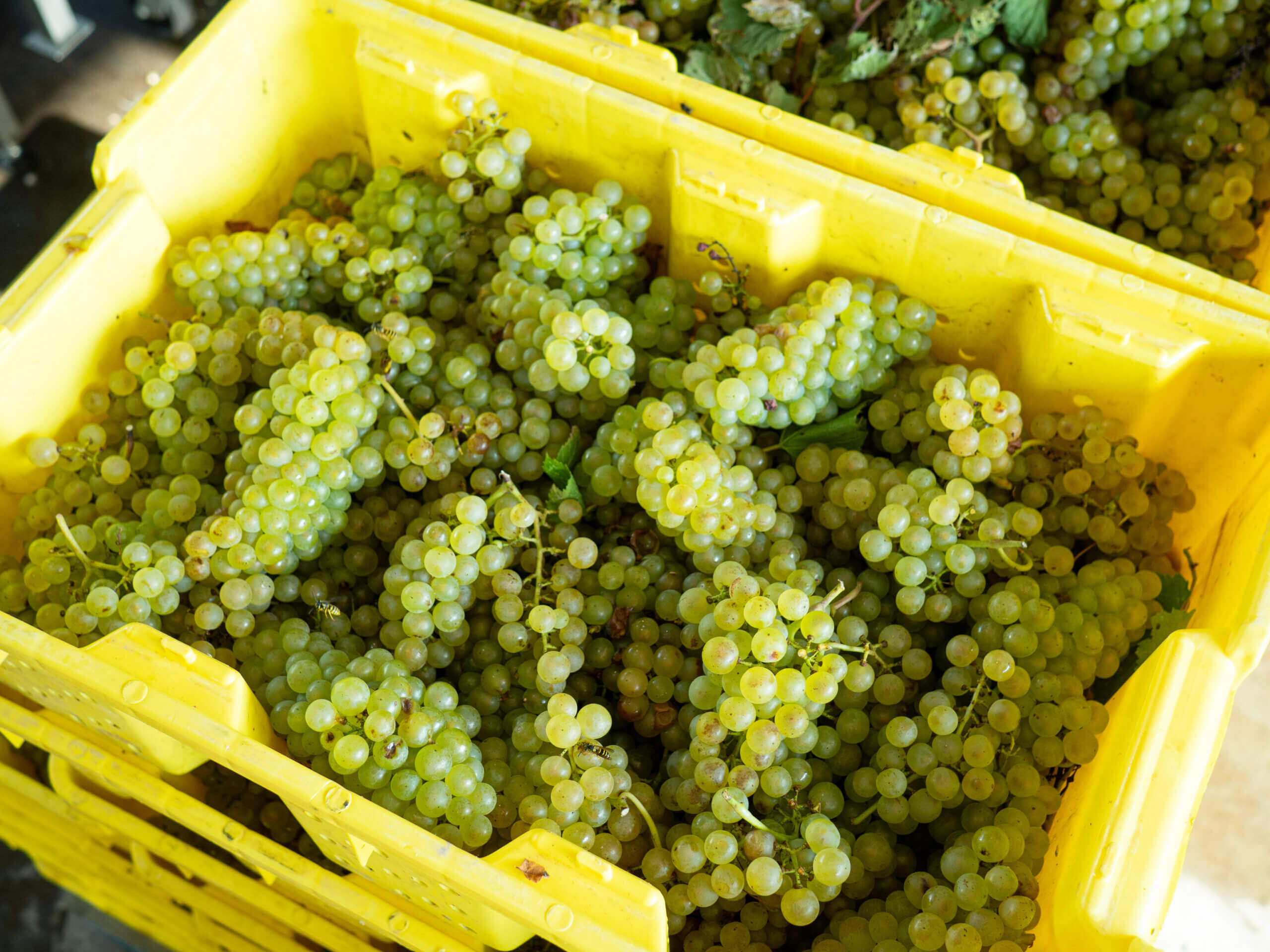
Even in the winery, we apply biodynamic principles. Grapes are hand-picked and sorted for the highest quality. As they’re not subjected to any chemical process on the press pad, we can rely on indigenous yeast, which drives spontaneous fermentation. Finally, continuing our approach, we use no fining or filtering agents to add or remove anything from our wine.
At Hermann J. Wiemer, biodynamic farming isn’t just a practice – it’s part of a symbiotic focus on quality and sustainability, pursuing both while compromising on neither. We hope that philosophy is evident in every bottle we make.
